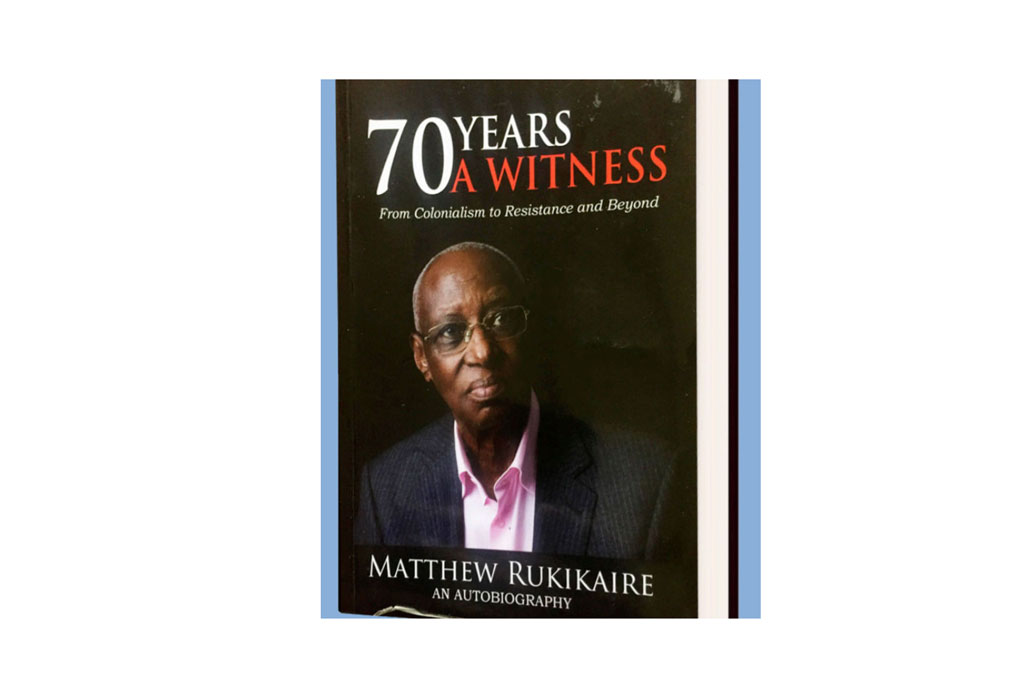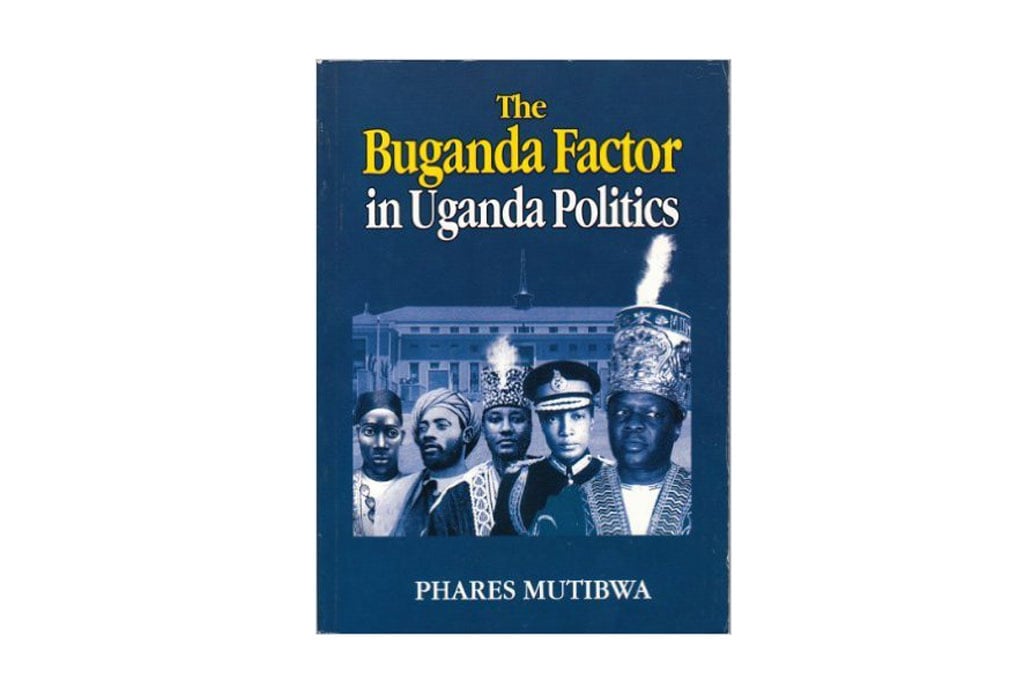Prime
Uganda’s liberation through Rukikaire’s lens

Book cover.
What you need to know:
- Book Title: 70 Years a Witness: From Colonialism to Resistance and Beyond
- Author: Mathew Rukikaire
- Year of Publication: 2019
- Pages: 266
- Price: Shs50,000 to Shs70,000
- Where: Most bookstores in Uganda
In the late afternoon of February 5, 1981, a group of men boarded a truck at a secret location in the Kampala suburb of Makindye. The men, led by a then little-known Elly Tumwine, were headed for an elephantine mission that required consumption of some “nerve-steadying Uganda Waragi” just 20 minutes before setting off, as the author put it.
Driven by Andrew Lugobe Lutaaya, the Mercedes Benz departed the compound within minutes of the men boarding and headed in the direction of Kabamba Military Training School. Safely out of Kampala’s rush-hour gridlock, the occupants of the truck attacked the military school at dawn on February 6, effectively igniting the flames of a protracted guerrilla war that culminated in capture of Kampala on January 25, 1986.
The house in Makindye, from where the journey started, belonged to Mr Mathew Rukikaire. Over a period of 70 years, Mr Rukikaire saw it all—from Uganda’s attainment of independence in 1962, to the rise of political instability that twice forced him into exile, to actively participating in the NRA war as the head of external operations, to serving the government later established and departing it with so frustration.
As one quickly realises, Mr Rukikaire’s story as recorded in this book is no ordinary story. Born in the modern day Kabale district in western Uganda, Mr Rukikaire’s childhood began on a rocky side when he lost his mother at an early age.
Fortunately, his aunt stepped in to fill the void. As he grew older, Mr Rukikaire attended some of the most prestigious schools in the country, including Ntare school, King’s College Budo, and Makerere University. These schools shaped his view of life and politics.
At Makerere, he served as the guild president, becoming the first Ugandan in a decade to do so. Mr Rukikaire writes that soon after he finished university, “dark (political) clouds gathered” over the country. He notes that the ethnic nature of the colonial army inherited at independence and Milton Obote’s over-reliance on it, a shaky alliance of national leaders, the unaddressed issue of “lost counties” boiled into a clash between Obote and Kabaka Muteesa II resulting in the author’s first flight to exile.
Establishing a new life in exile, the author writes that he met and established strong links with the Uganda exile community there. Among those he met was Museveni. In exile, the author was fortunate to work as the East Africa representative to the European Economic Community in Brussels and later worked in private firms.
While working for Shell/BP, he writes that Amin took over, and because of the nature of his work, he returned to Uganda—only for the Amin “honeymoon” to end, forcing the author back to exile.
In the second exile, Mr Rukikaire got closer to Mr Museveni and committed to work with him. When Amin fell, and the brief governments of Yusuf Lule, Godfrey Binaisa, and Paulo Muwanga were gone, the author and others tried to establish a third force in Uganda Patriotic Movement (UPM).
Disagreeing with Obote and the “old guard”, the new party, the author writes, “drew its support primarily from the elite—lawyers, students, businessmen, civil servants, and so on.” When push came to shove, the new party, as they knew would happen, didn’t go far.
The election results became the catalyst for the bush war that catapulted Mr Museveni to the presidency. Throughout the war, Mr Rukikaire writes that he played different roles, especially leading its external committee. In that role, he mobilised resources for the guerrillas in the bush and won the goodwill of many in favour of the war.
When the NRA took over Kampala, Mr Rukikaire served it in different portfolios—but also engaged in a lot of private businesses. As readers will observe in the final chapters, he writes with strong reservations of what has become of the NRM’s promise and dream to give Uganda clearheaded leadership.




